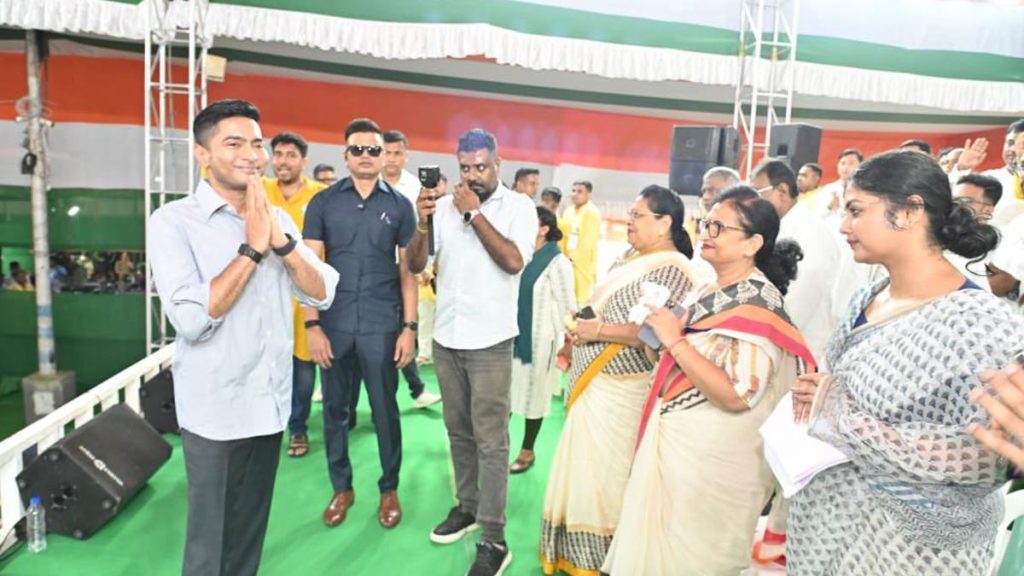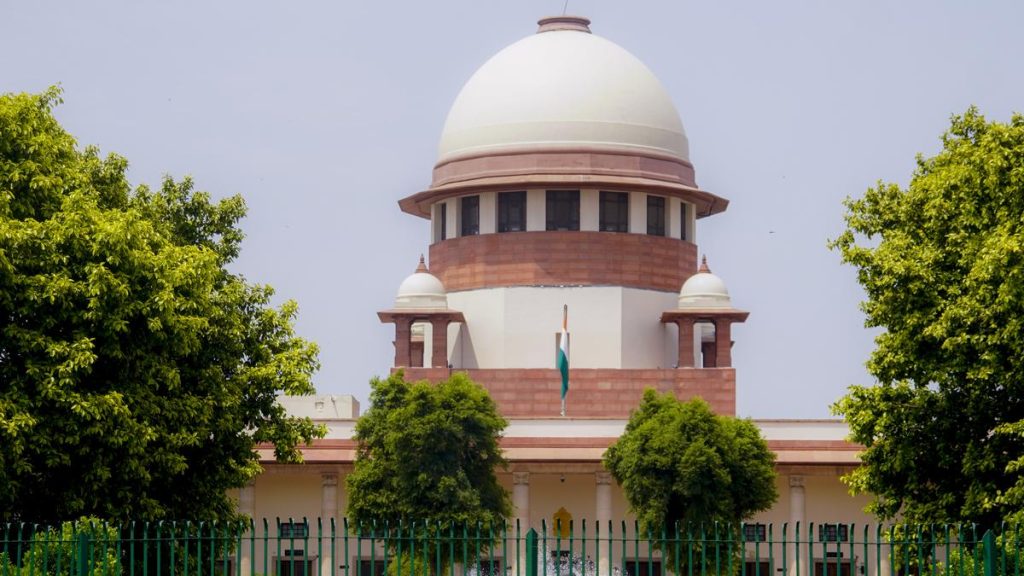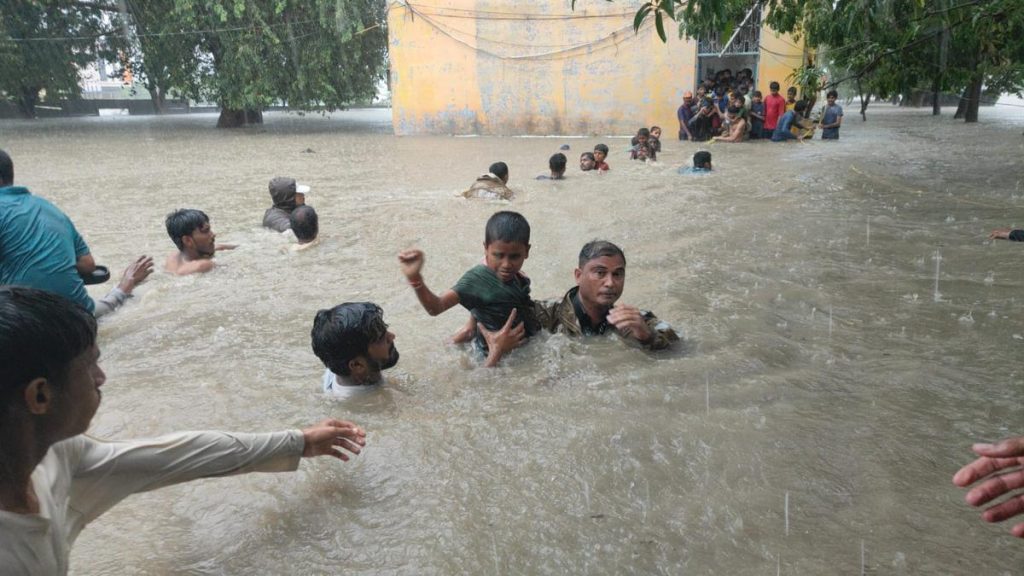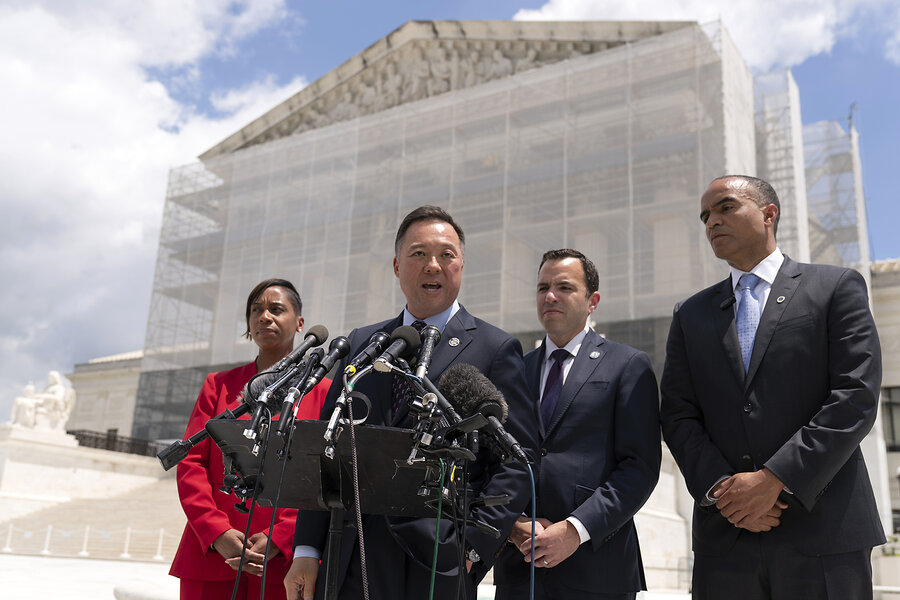Now Reading: Supreme Court Backs Religious Freedom in School Book Opt-Out Case
-
01
Supreme Court Backs Religious Freedom in School Book Opt-Out Case
Supreme Court Backs Religious Freedom in School Book Opt-Out Case
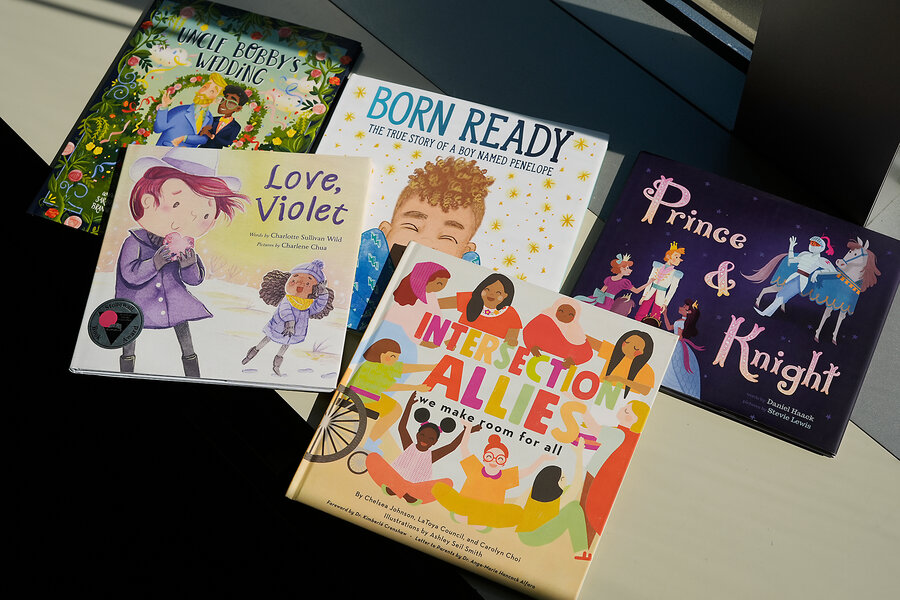
Rapid Summary
- The U.S. Supreme Court ruled 6-3 in favor of Maryland parents seeking to opt their children out of LGBTQ-themed curriculum they felt violated their religious beliefs.
- The majority opinion, authored by Justice Samuel Alito, emphasized parental rights to direct the religious upbringing of their children and deemed the school district’s actions burdensome to those rights.
- The case involved a selection of LGBTQ-inclusive books used in elementary schools, including titles like Pride Puppy and Uncle Bobby’s Wedding, which depict diverse representations of family and gender topics.
- Liberal justices dissented, arguing the decision could destabilize public education by broadening opt-out possibilities based on subjective exposure concerns rather than compelled actions.
- Critics warn this could create legal uncertainty for schools nationwide as disagreements over course content may escalate into lawsuits demanding more religious accommodations.
Image:
!supreme Court Justices
Caption: U.S. Supreme Court Justices (left to right) Samuel Alito, Clarence Thomas, and Brett kavanaugh wait at an inauguration ceremony.
Indian Opinion Analysis
While this ruling occurs within the American legal system, it highlights enduring global debates about balancing diversity in education with individual rights rooted in religion or moral beliefs. In India-a country marked by its own pluralistic society-the implications of such decisions resonate due to parallels between India’s intricate social fabric and considerations surrounding its educational policies.
Within India’s context, similar conflicts over curricula reflecting cultural or ideological diversity have occurred periodically-as an example regarding policies tied to sex education or historical narratives. This case underscores the challenges policymakers face when attempting inclusive learning while respecting parental concerns shaped by religion or tradition.
The decision raises questions about precedence: should individual or minority objections have power over broader societal educational goals aimed at inclusivity? Such approaches might unintentionally encourage heightened polarization across communities if improperly mediated. Clarity in evolving frameworks that balance inclusivity with sensitivity remains critical for any democratic society-not only within America but also for countries like India striving toward socio-cultural equilibrium through education systems.


